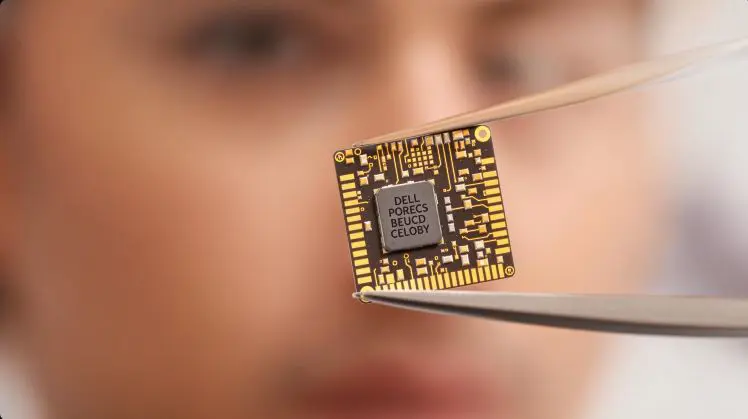A Skin Implant Could Rescue Diabetics From Sudden Sugar Crashes

A small implant under the skin could one day save the lives of people with diabetes by automatically delivering a dose of glucagon when blood sugar levels drop too low.
Engineers at MIT have developed a glucose-sensing device that carries a reservoir of this critical hormone and can release it during a hypoglycemic emergency, without the need for manual injections.
For people with type 1 diabetes, sudden drops in blood sugar can be dangerous, even deadly. Treating these episodes usually requires a rapid response, often involving glucagon injections administered by someone else. But in severe cases, a person may lose consciousness before help arrives.
This new implantable device aims to remove that risk entirely. Roughly the size of a vitamin pill, it contains a small pump that stores and releases glucagon when triggered by low glucose levels in the surrounding tissue.
"Having a fully autonomous system could be life-changing for patients at high risk of severe hypoglycemia," said Michael Strano, a chemical engineering professor at MIT and senior author of the study.
The device senses glucose using microscopic nanotubes embedded in a gel. When blood sugar falls below a critical threshold, the sensor activates a pump to deliver glucagon into the bloodstream.
In early animal trials, the system responded within minutes and restored glucose to safe levels without manual intervention. Researchers say the goal is to create a low-maintenance, long-lasting implant that can remain under the skin for months at a time.
While still in development, the concept builds on the success of continuous glucose monitors and insulin pumps, pushing the field toward a future of fully automated diabetes care.
If successful in human trials, this technology could offer an added layer of protection, particularly for those who live alone, are elderly, or have a history of severe low-sugar episodes.
For millions managing diabetes daily, a device like this could mean fewer close calls, and greater peace of mind.